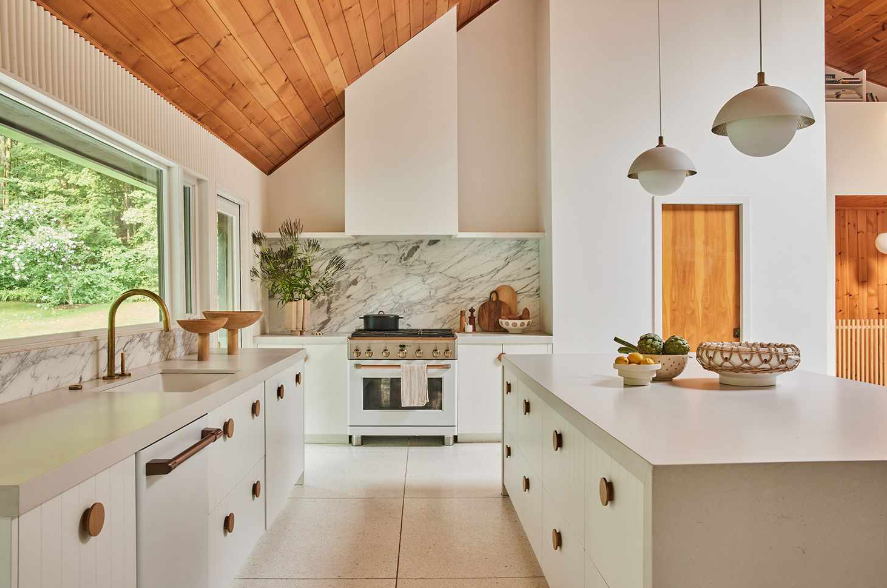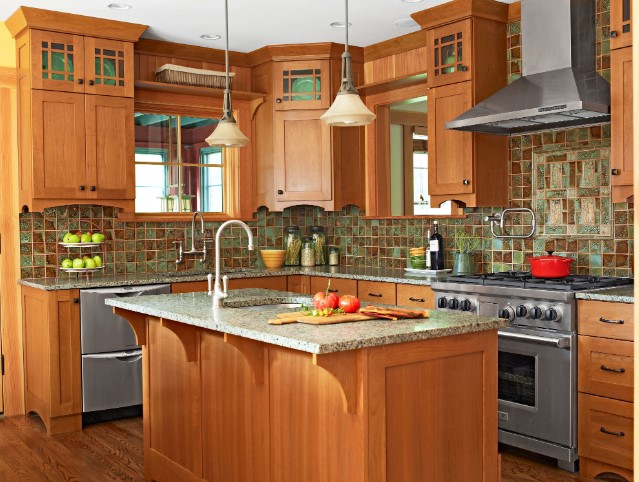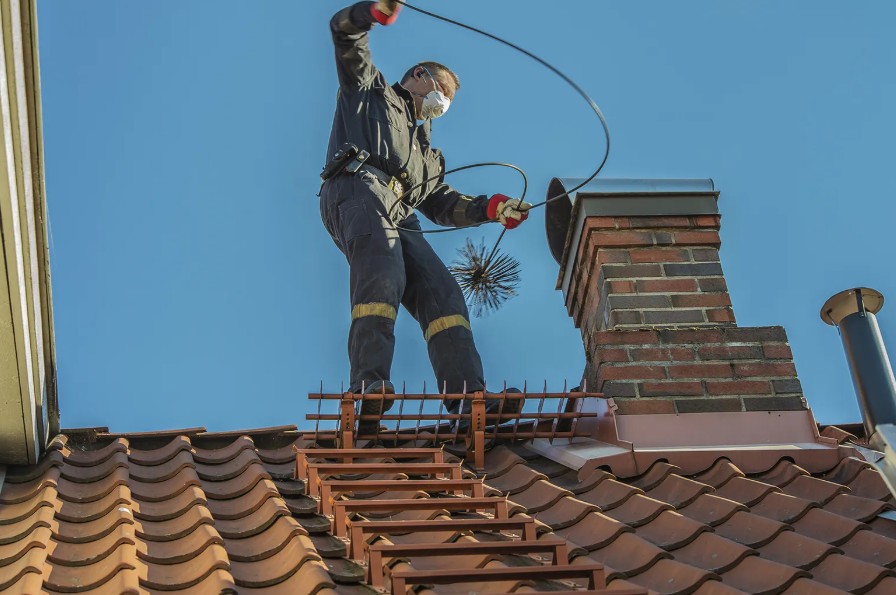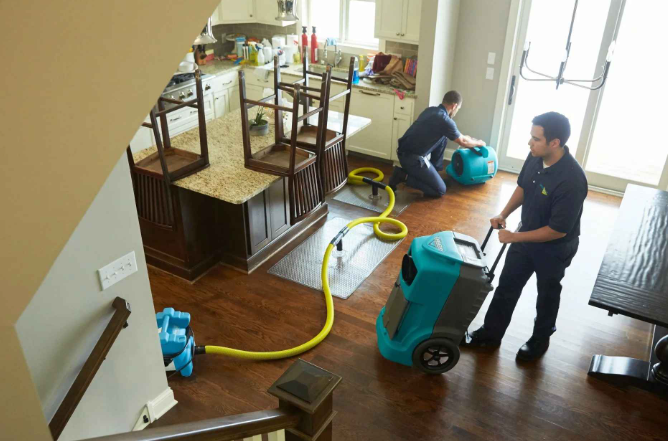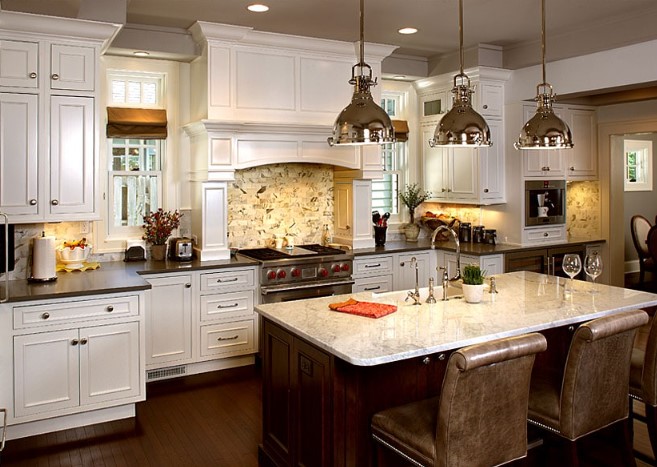
Introduction
Welcome to our comprehensive guide on kitchen renovation! If you’re looking to revitalize your cooking space and create the kitchen of your dreams, you’ve come to the right place. In this article, we will walk you through every aspect of kitchen renovation, from planning and design to budgeting and implementation. Whether you’re a seasoned DIY enthusiast or considering hiring professionals, this guide will provide you with valuable insights, tips, and inspiration to transform your kitchen into a functional and aesthetically pleasing space that reflects your personal style. Let’s dive in and explore the exciting world of kitchen renovation!
Kitchen Renovation: Bringing Life Back to Your Culinary Haven
Your kitchen is the heart of your home, a place where culinary delights are created, cherished memories are made, and delicious aromas fill the air. Over time, kitchens undergo wear and tear, requiring updates and renovations to maintain their functionality and appeal. Kitchen renovation allows you to reimagine your cooking space, enhance its efficiency, and introduce modern design elements that align with your lifestyle. From updating appliances and fixtures to revamping the layout and maximizing storage, a well-executed kitchen renovation can breathe new life into your culinary haven.
Planning Your Kitchen Renovation: Where to Begin?
Embarking on a kitchen renovation project requires careful planning and consideration. Before swinging the sledgehammer, take the time to envision your ideal kitchen and set clear goals for the renovation. Here are some key steps to help you get started:
1. Assessing Your Needs and Goals
Ask yourself questions like:
- What issues do you currently have with your kitchen’s layout, functionality, or design?
- What are your goals for the renovation? Are you looking for more storage space, improved workflow, or a complete aesthetic transformation?
- Are there any specific design styles, color schemes, or materials that you prefer?
By understanding your needs and goals, you can create a renovation plan that caters to your specific requirements and preferences.
2. Setting a Realistic Budget
Determining your budget is crucial in planning a successful kitchen renovation. Consider the following factors:
- How much are you willing to invest in the renovation?
- Are you planning to finance the project or use your savings?
- Are there any cost-saving measures you can implement without compromising on quality?
Setting a realistic budget will help guide your decision-making process and ensure that your renovation stays within financial boundaries.
3. Researching and Gathering Inspiration
Browse magazines, websites, and social media platforms for kitchen design inspiration. Create a vision board or folder to collect images and ideas that resonate with your style. This research phase will give you a better understanding of current trends, innovative products, and design possibilities, helping you refine your vision for the renovation.
4. Hiring Professionals or Going DIY?
Decide whether you want to hire professionals, such as interior designers or contractors, or tackle the renovation yourself. While DIY projects can save money, they require time, skills, and knowledge. Professionals can provide expertise, streamline the process, and ensure high-quality results. Consider your capabilities, availability, and the complexity of the project when making this decision.
Kitchen Renovation FAQs
Here are some frequently asked questions about kitchen renovation, along with expert answers to help you navigate through your project:
1. How long does a kitchen renovation typically take?
The duration of a kitchen renovation can vary depending on the scale of the project and various other factors. A minor renovation, such as replacing appliances and updating finishes, can take a few weeks. However, a major overhaul involving structural changes and custom cabinetry may require several months to complete. It’s important to discuss the timeline with your contractor or designer and factor in additional time for unforeseen circumstances.
2. What is the average cost of a kitchen renovation?
The cost of a kitchen renovation depends on multiple factors, including the size of the space, materials used, and the level of customization. On average, a moderate kitchen renovation can cost anywhere between $15,000 and $30,000. However, high-end renovations with premium finishes and appliances can exceed $50,000 or more. It’s essential to establish a realistic budget and work closely with professionals to get accurate cost estimates for your specific project.
3. How can I maximize storage in my kitchen?
To maximize storage in your kitchen, consider the following tips:
- Install floor-to-ceiling cabinetry or utilize vertical space with open shelves.
- Incorporate pull-out drawers and organizers for easier access to items.
- Use the insides of cabinet doors for hanging small items or spice racks.
- Opt for deep drawers instead of lower cabinets to make items more accessible.
- Utilize corners with rotating shelves or pull-out mechanisms.
By incorporating these storage solutions, you can optimize your kitchen’s functionality and keep it organized.
4. What are some popular kitchen design styles?
Kitchen design styles vary to accommodate different tastes and preferences. Here are a few popular styles to consider:
- Modern: Sleek, minimalist, and characterized by clean lines and a focus on functionality.
- Traditional: Timeless and classic, with ornate details, warm colors, and rich textures.
- Transitional: A blend of modern and traditional elements, offering a balanced and versatile aesthetic.
- Farmhouse: Rustic, cozy, and inviting, with elements like open shelving, natural materials, and vintage-inspired fixtures.
These styles serve as a starting point, and you can personalize them to suit your unique vision.
5. How can I make my kitchen more energy-efficient during the renovation?
To make your kitchen more energy-efficient, consider these eco-friendly measures:
- Opt for energy-efficient appliances with a high Energy Star rating.
- Install LED or CFL lighting fixtures for reduced energy consumption.
- Choose sustainable materials, such as bamboo or reclaimed wood, for cabinetry and flooring.
- Insulate walls, windows, and doors to prevent heat loss.
- Consider installing a smart thermostat to regulate energy usage.
These steps not only help the environment but also reduce your utility bills in the long run.
6. Should I upgrade my kitchen plumbing during the renovation?
If your kitchen plumbing is outdated or prone to issues, a renovation presents an excellent opportunity to upgrade it. Upgrading plumbing can prevent future leaks, improve water flow, and ensure the efficient functioning of your kitchen. Consult with a plumber to assess the condition of your plumbing system and determine whether an upgrade is necessary.
Conclusion
A kitchen renovation is an exciting journey that allows you to transform your cooking space into a dream kitchen. By following the steps outlined in this guide and considering expert tips and advice, you can create a functional, beautiful, and personalized kitchen that meets your needs and reflects your style. Remember to plan meticulously, set a realistic budget, and collaborate with professionals when needed. Enjoy the process, and soon you’ll be savoring the joys of your newly renovated kitchen!
Partner Site : Financial Management, Vacation Destinations, Home Garden, Landscape Design, Home Decoration, How News Today, Healthy Lifestyle, Finance News, Business Loans, Healthy Update
